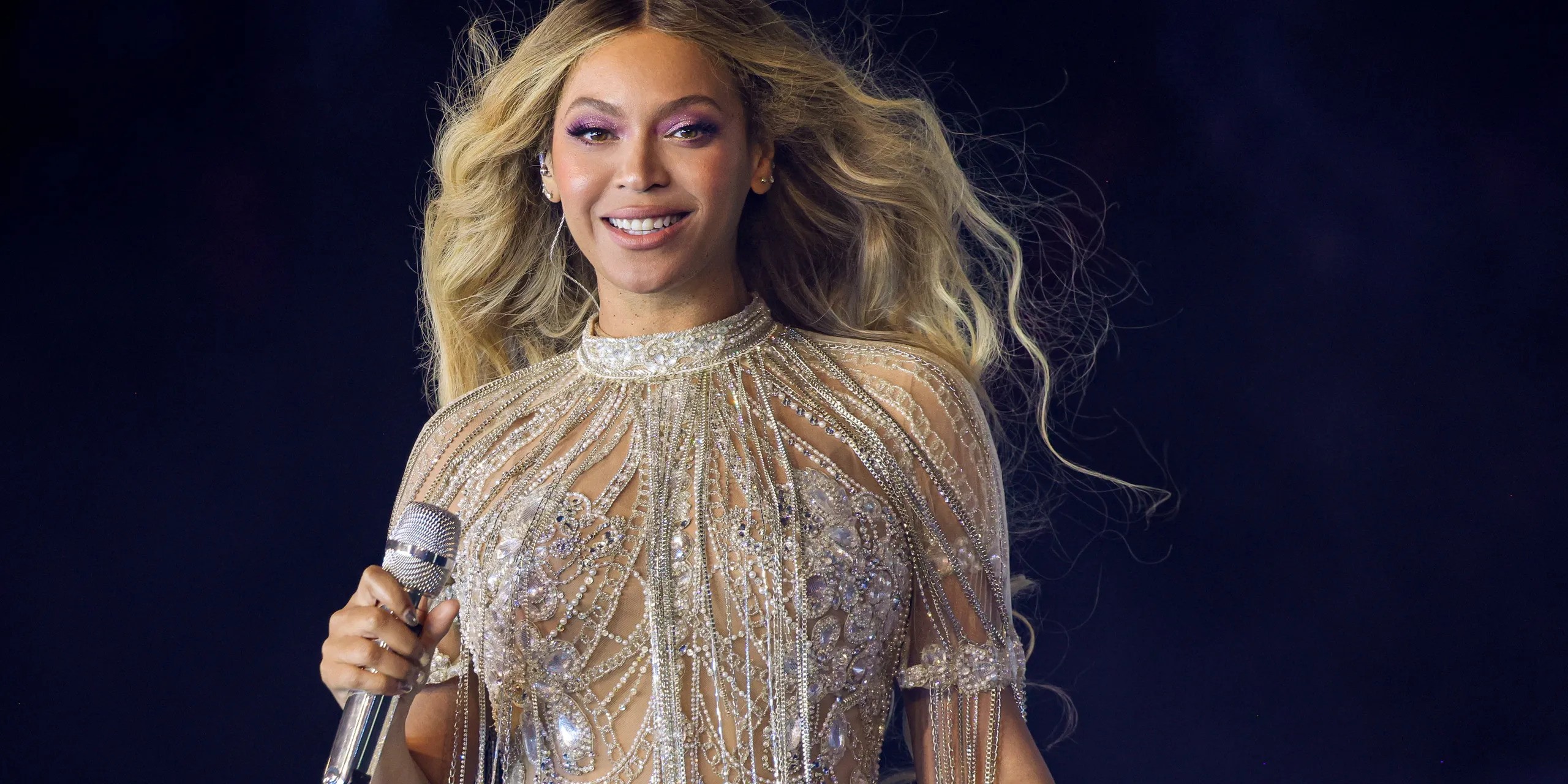Recently, attention has been drawn to Beyoncé amidst allegations of unfair songwriting credit claims. Tiffany Red, a prominent songwriter, has stepped forward to expose industry practices, particularly highlighting Beyoncé’s involvement in claiming credits for songs she allegedly did not write.
Red, known for her work with artists like Jennifer Hudson and Fantasia, has been vocal about what she perceives as unjust practices in the music industry. One common issue she raises is the unequal distribution of publishing royalties, where artists often receive a significant share despite minimal involvement in the songwriting process. Beyoncé, according to Red, stands out as a prime example of this phenomenon, reportedly not only taking credit for songs she didn’t write but also securing a substantial portion of the royalties.
The situation sheds light on broader challenges faced by songwriters in an evolving music landscape. With the rise of streaming platforms, traditional revenue streams have dwindled, leaving many songwriters struggling to make ends meet. Beyoncé’s alleged practices exacerbate this issue, depriving legitimate songwriters of their rightful earnings.
Red’s critique extends to Beyoncé’s Grammy accolades, suggesting that the singer’s business practices may have hindered her chances of winning Album of the Year. While acknowledging Beyoncé’s undeniable talent, Red questions the fairness of her Grammy wins in light of these allegations.
In response to Jay-Z’s Grammy speech advocating for Beyoncé’s recognition, Red provocatively suggests that true recognition for Beyoncé should come when she starts compensating songwriters fairly. She challenges Beyoncé to modernize her approach to business and ensure that songwriters receive a livable wage for their contributions.
Red’s outspoken stance underscores a broader issue of power dynamics within the music industry. She highlights the challenges faced by songwriters in negotiating with artists of Beyoncé’s stature, pointing to the prevalence of non-disclosure agreements that silence dissenting voices.
Ultimately, Red’s critique serves as a call to action for Beyoncé and the industry at large. She urges Beyoncé to reconsider her approach to songwriting credits and royalties, emphasizing the importance of fair compensation for all contributors.
As discussions around Beyoncé’s practices continue to unfold, the broader conversation about equity and fairness in the music industry gains momentum. Red’s bold stance prompts reflection not only on Beyoncé’s actions but also on the systemic issues that impact songwriters’ livelihoods.
In the face of these challenges, the onus falls on industry stakeholders to address inequities and ensure that all contributors are fairly compensated for their creative work. Only through collective action can the music industry truly evolve into a more equitable and sustainable environment for all involved.
